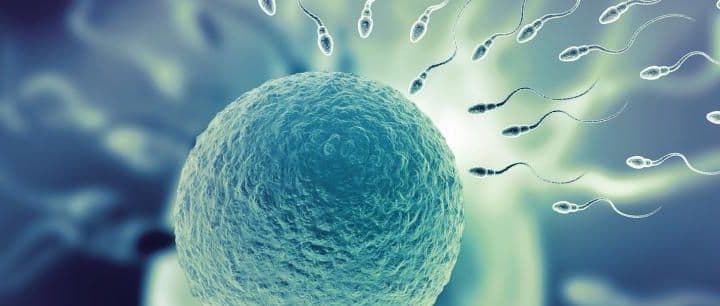What is Sperm Agglutination?
Male Fertility
Obie Editorial Team

Reading the results of male fertility testing can be akin to reading Latin with phrases like sperm motility, sperm morphology, and sperm agglutination. Motility and morphology are simple enough – movement and shape, respectively, but what is agglutination and will it prevent you from conceiving a child?
Take our male fertility test and find out if you or your partner is fertille, in just one minute.
Sticky sperm situations
Sperm agglutination refers to the percentage of sperm stuck together in the provided sample. Sperm can stick together at the head, tail or head-to-tail. Sperm are not supposed to stick together — they cannot swim that way. Sperm are supposed to be free moving, straight swimming with a healthy shape.
When reading your fertility test results, the percentage assigned to sperm agglutination represents the percentage of sperm stuck together in the sample. For instance, if your semen sample showed about half the sperm stuck together your report would read 50% sperm agglutination.
What causes sperm to stick together?
The most common cause of sperm agglutination is the presence of sperm antibodies. The antibodies stick together; an immune system response. Up to 7% of male infertility is attributed to sperm agglutination or sperm antibodies.
Will sperm agglutination affect fertility?
Yes, sperm agglutination can affect male fertility. Imagine a group of 10 ultra-marathoners. When they stand apart from one another they can run 20 miles without issue. Tie the entire group together and you limit movement so the ultra-marathoners can no longer run. The runners have the ability to run, but they are limited by the current situation. Sperm clumped together can be washed in some fertility clinics to remove the coating causing the sticky situation.
Your doctor will discuss possible causes of your sperm agglutination. Antibiotics are typically used to cure an infection, but vitamin E and vitamin C supplements have been suggested to reduce clumping. Sperm clumping does not necessarily indicate infertility, but it could make it difficult for sperm to swim through the cervix.
Read More












